What Folklorists Do
I am pleased to be included in a new collection of essays, What Folklorists Do: Professional Possibilities in Folklore Studies, edited by Timothy Lloyd and published by Indiana University Press in 2021. The book demonstrates how training as a folklorist can benefit many career paths, and my essay “Directing a Communications Strategy” is among more than 70 first-person essays by my colleagues in the field. I am honored to be in this company and encourage anyone curious about careers in public culture work to browse this book. An excerpt from the beginning of my essay follows:
***
“You help folks get to know other folks.” It’s a shame I can’t remember who said this to me, but this passing comment stuck with me and has grown in my mind to be a succinct and accurate description of my career.
In my last year of college, I found folklore, a field—with degrees, institutions, and jobs—that drew together my interests and worldview. I graduated during the 2008 financial crisis with trepidations about how limited professional folklore opportunities seemed to be. It took me seven years to quit my fulltime museum job and earn my MA in folklore, and I am only now embracing “folklorist” alongside “communications director,” my professional title. Over the years, however, I’ve learned that I bring the skills, values, and curiosity of a folklorist to all the work I do. I lift up individual human stories (the people behind creative work); I advocate for programs and opportunities to be designed to meet community needs with equity and transparency; I seek to demonstrate that all forms of creative expression are worth honoring; and I create opportunities for makers to enjoy a spotlight and platform—all from behind the scenes, without inserting my personal voice.


